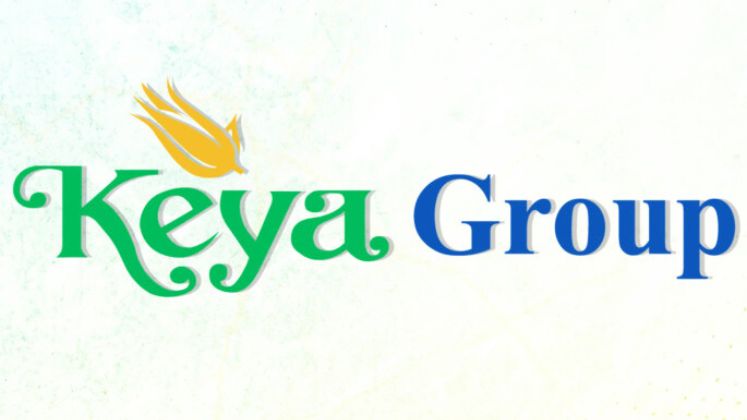
Keya Group has announced the permanent closure of four of its textile factories in the Jarun area of Konabari, Gazipur, effective 1st May 2024, due to severe financial difficulties. The decision will result in approximately 8,000 workers losing their jobs, including around 1,000 individuals with disabilities
Keya Group Chairman Abdul Khaleque Pathan shared the news, stating, “We cannot afford to run the factories anymore.” While the textile division’s Knit Composite Garments, Knitting, Spinning, and Cotton Divisions will cease operations, the dyeing unit, which employs about 400 to 500 workers, will remain open as it continues to fulfill locally outsourced yarn dyeing orders.
The group’s cosmetics and detergent division, which generates monthly revenues of around Taka 25-26 crore, will continue its operations. However, the textile wing of Keya, part of the publicly traded Keya Cosmetics Limited, has faced significant challenges since a bank halted support for opening letters of credit for essential raw material imports due to Keya’s default on loans.
Abdul Khaleque Pathan explained that the textile units have been struggling financially for over a year, relying heavily on outsourced orders while dealing with payment delays, which led to unrest among workers. Following unpaid salaries for November, thousands of Keya employees protested on the nearby highway in late December, prompting the company to postpone the closure until 30th April.
Pathan indicated that selling off existing inventories and ongoing production would provide some cash flow before the shutdown. He estimated that the company would need Taka 60 crore to compensate affected workers once the factories close, and he assured that all outstanding dues would be settled by the end of January, allowing workers time to seek new employment.
Keya Group, founded in 1996, initially saw tremendous growth in its cosmetics and detergent sectors and expanded into apparel exports. However, analysts have pointed to excessive loan dependency, poor management practices, stock market irregularities, and failure to service debt as key factors contributing to the company’s current struggles. Keya Group now owes approximately Taka 3,000 crore to banks, all of which have classified it as a loan defaulter.






